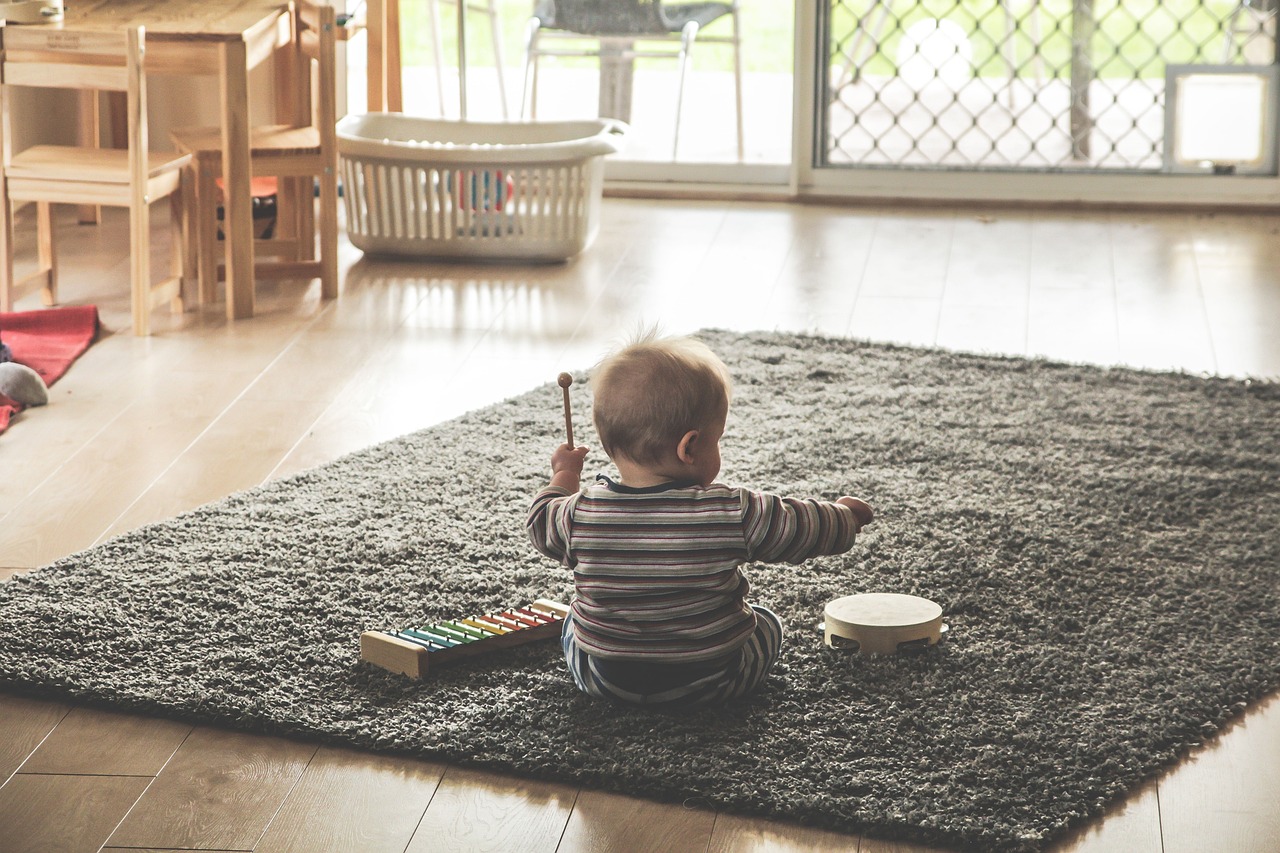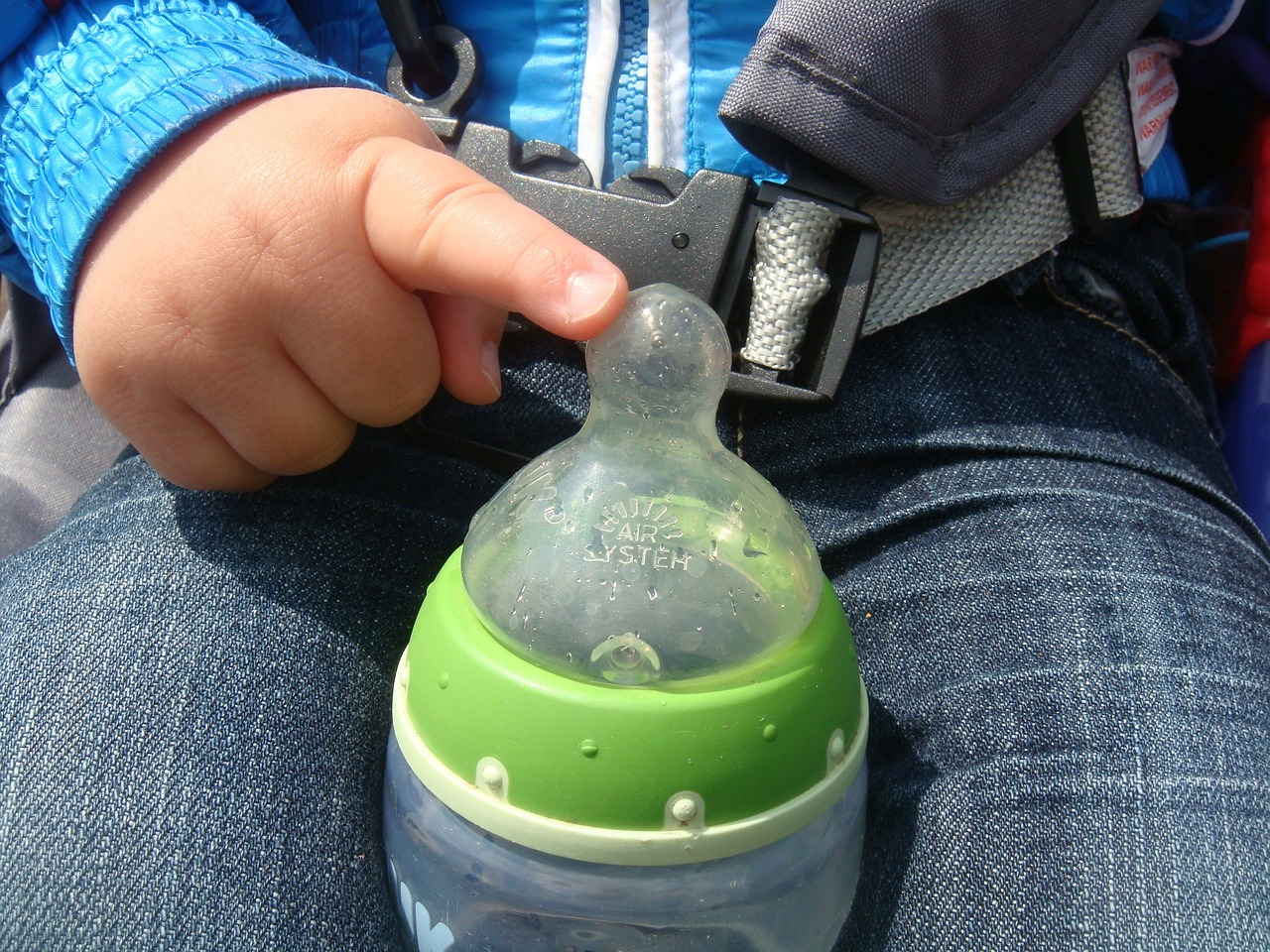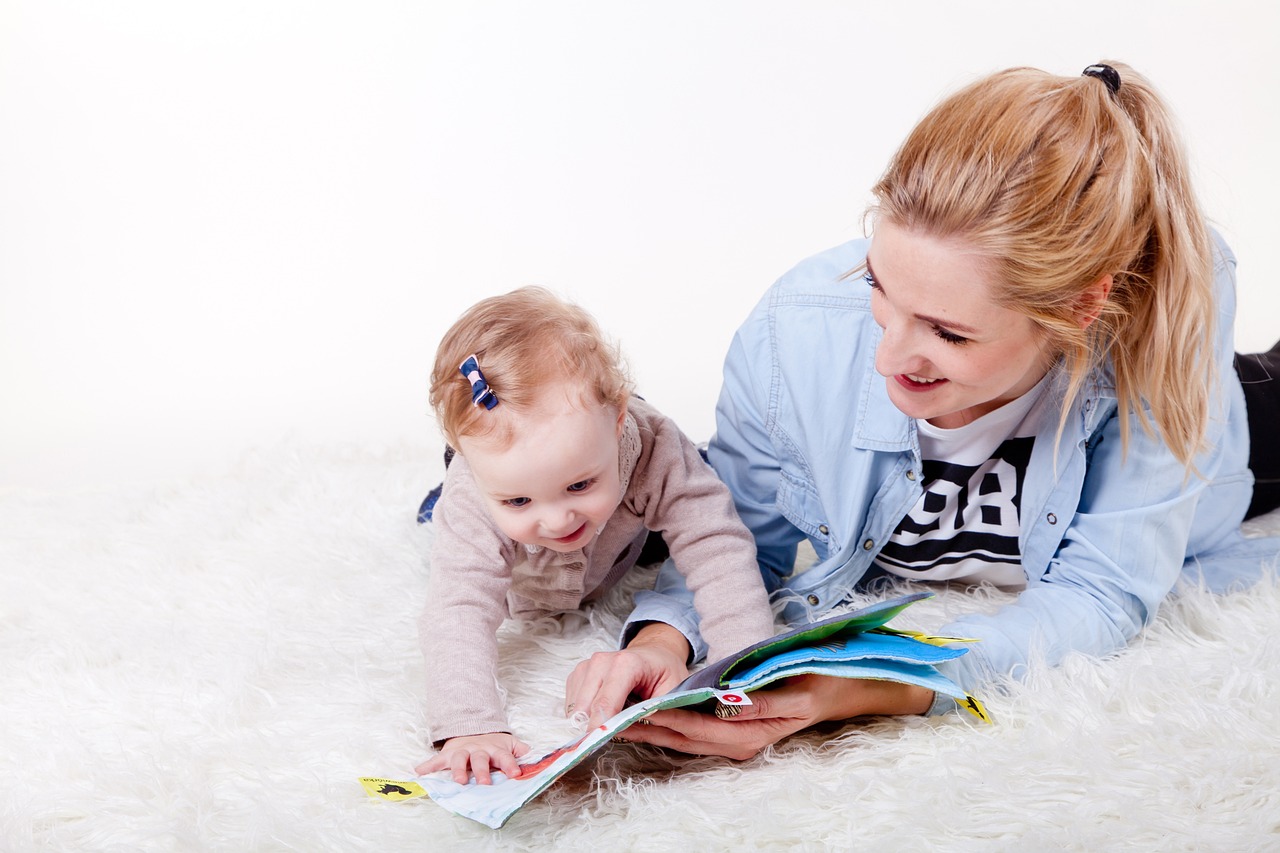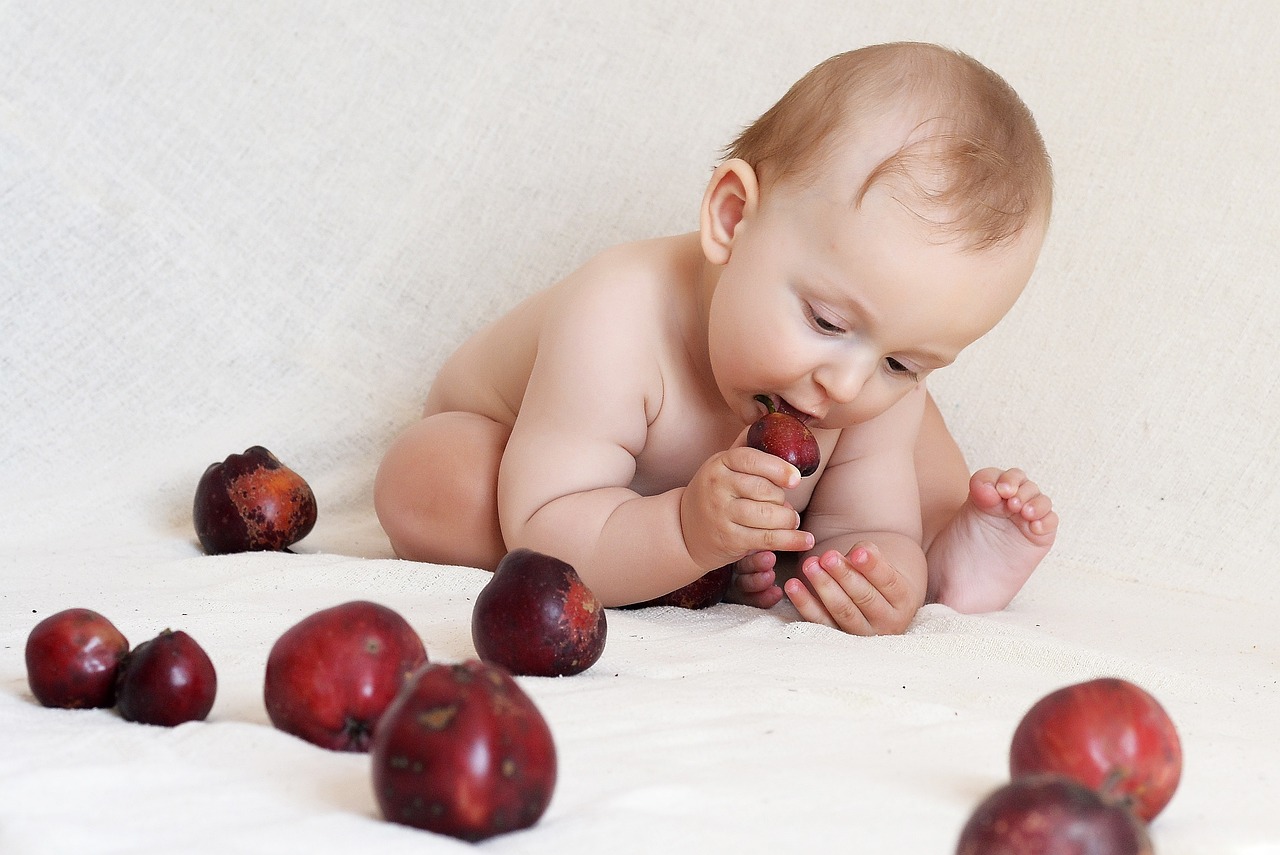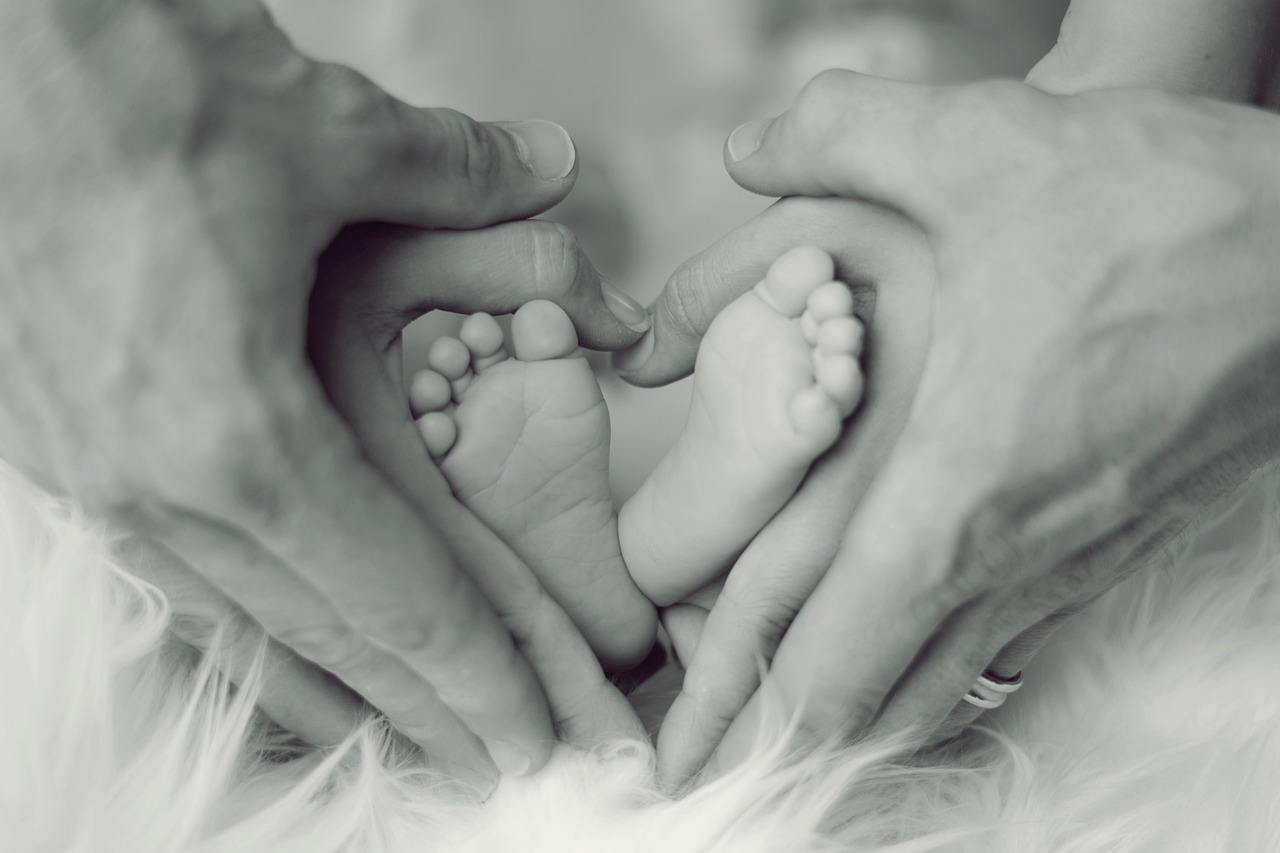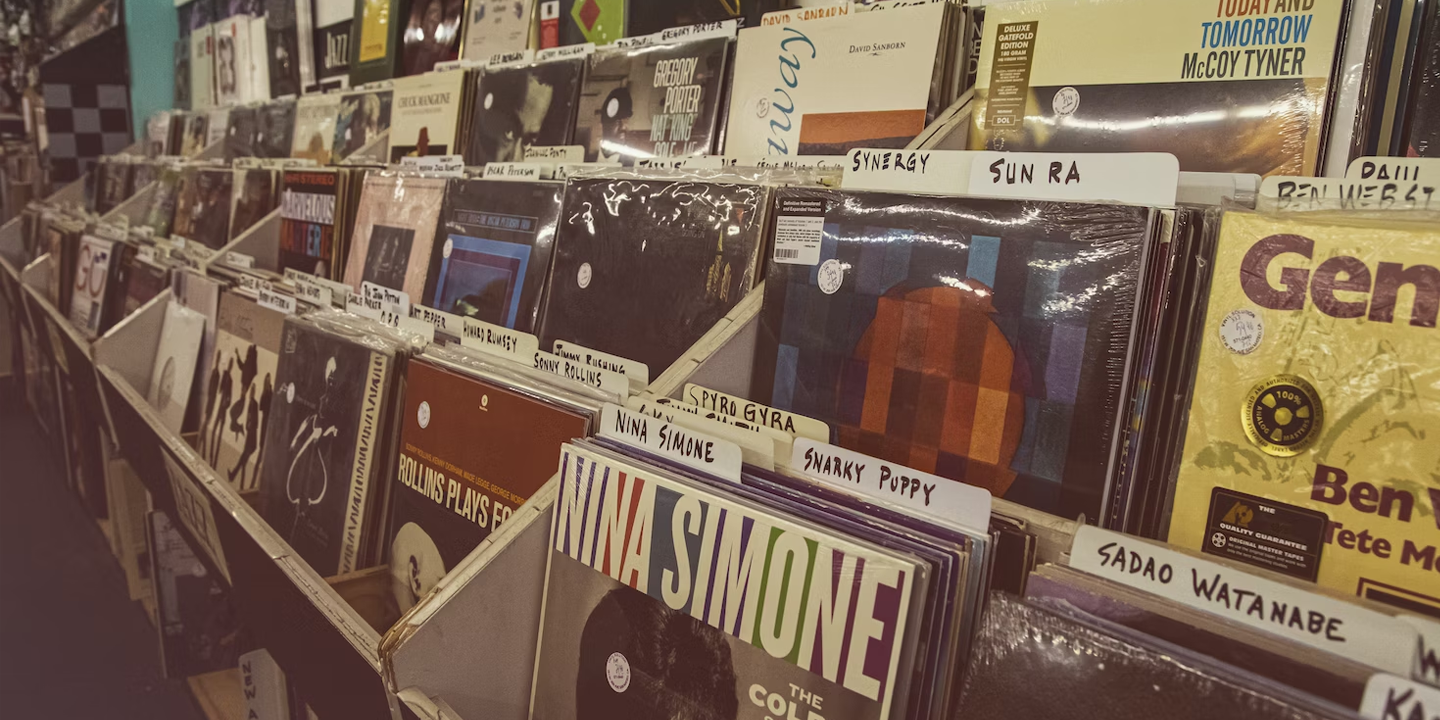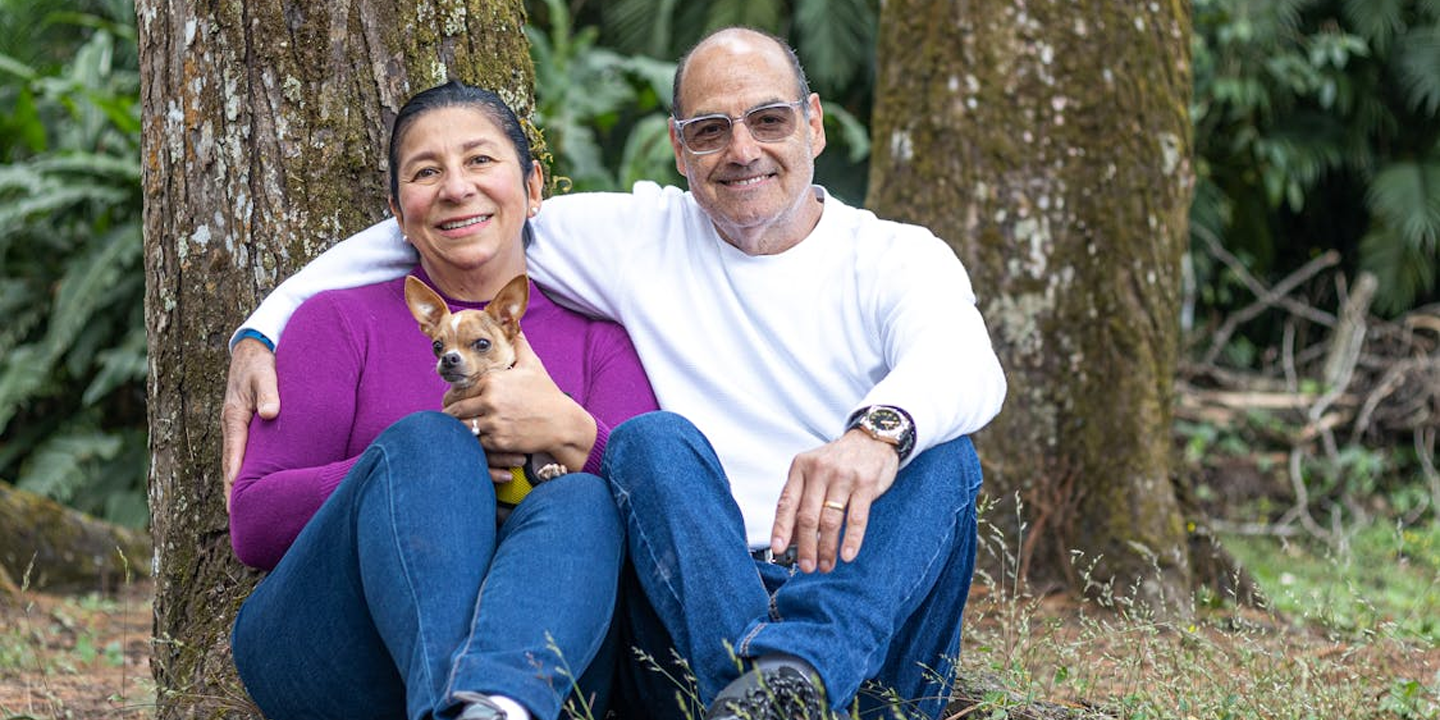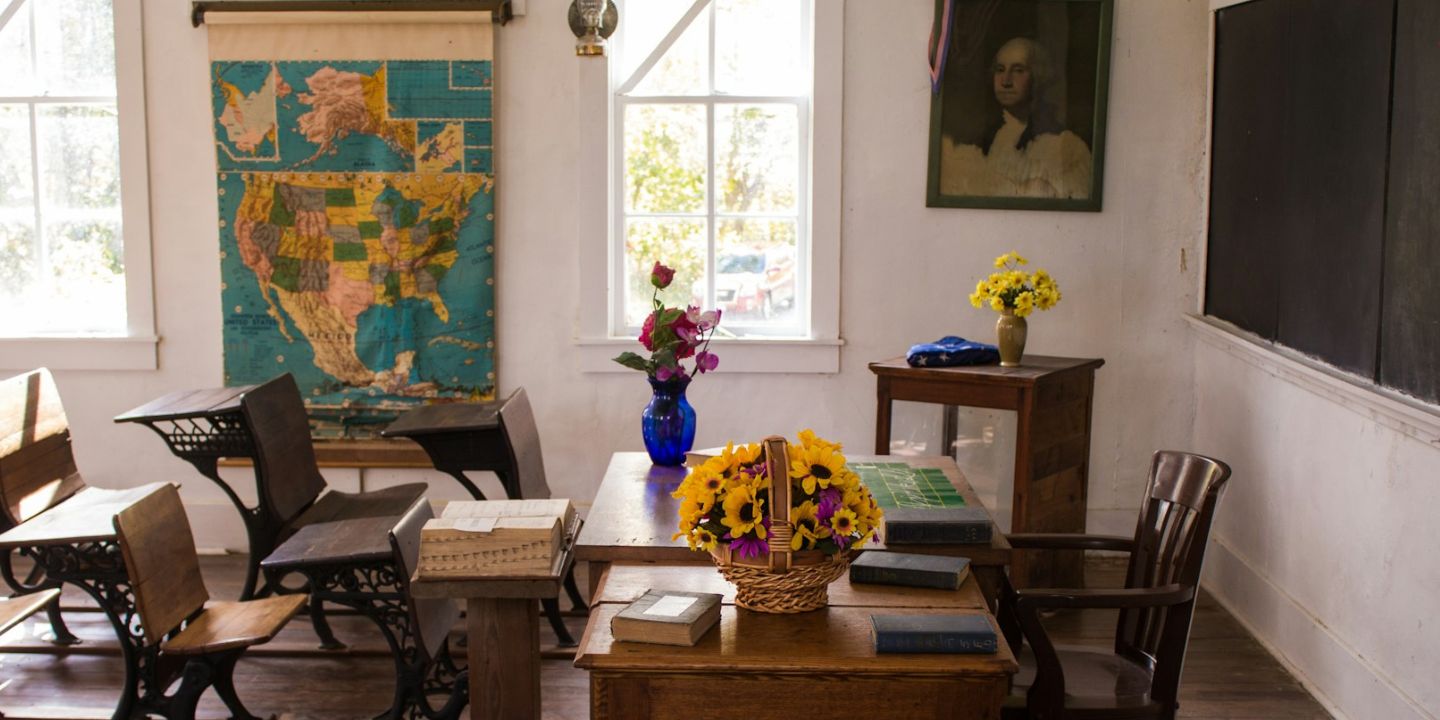Welcome to the rollercoaster ride of the first year with your little bundle of joy. It's a year filled with firsts, surprises, and a whole lot of learning (for both you and the baby!). Let's dive into the 20 crucial things that will make this journey smoother and more delightful for you and your tiny tot.
1. The Magic of Routine
Creating a routine might sound boring, but trust us, it’s magical for your baby! Setting regular times for sleep, feeds, and play can help your little one feel secure and happy. It’s all about predictability – babies love knowing what’s coming next!
 Image by PublicDomainPictures from Pixabay
Image by PublicDomainPictures from Pixabay
2. Tummy Time Triumphs
Tummy time is not just adorable but essential for developing your baby’s neck and shoulder muscles. Start with a few minutes a day and watch them grow stronger. Don’t forget to spread out a soft blanket and keep those toys within reach for extra fun!
 Image by thank you for 💙 👍 💬 from Pixabay
Image by thank you for 💙 👍 💬 from Pixabay
3. Vaccination Vigilance
Vaccinations are your baby’s armour against many diseases. Keep track of the vaccination schedule and consult your pediatrician regularly. It's a tiny pinch for them but a giant leap for their health!
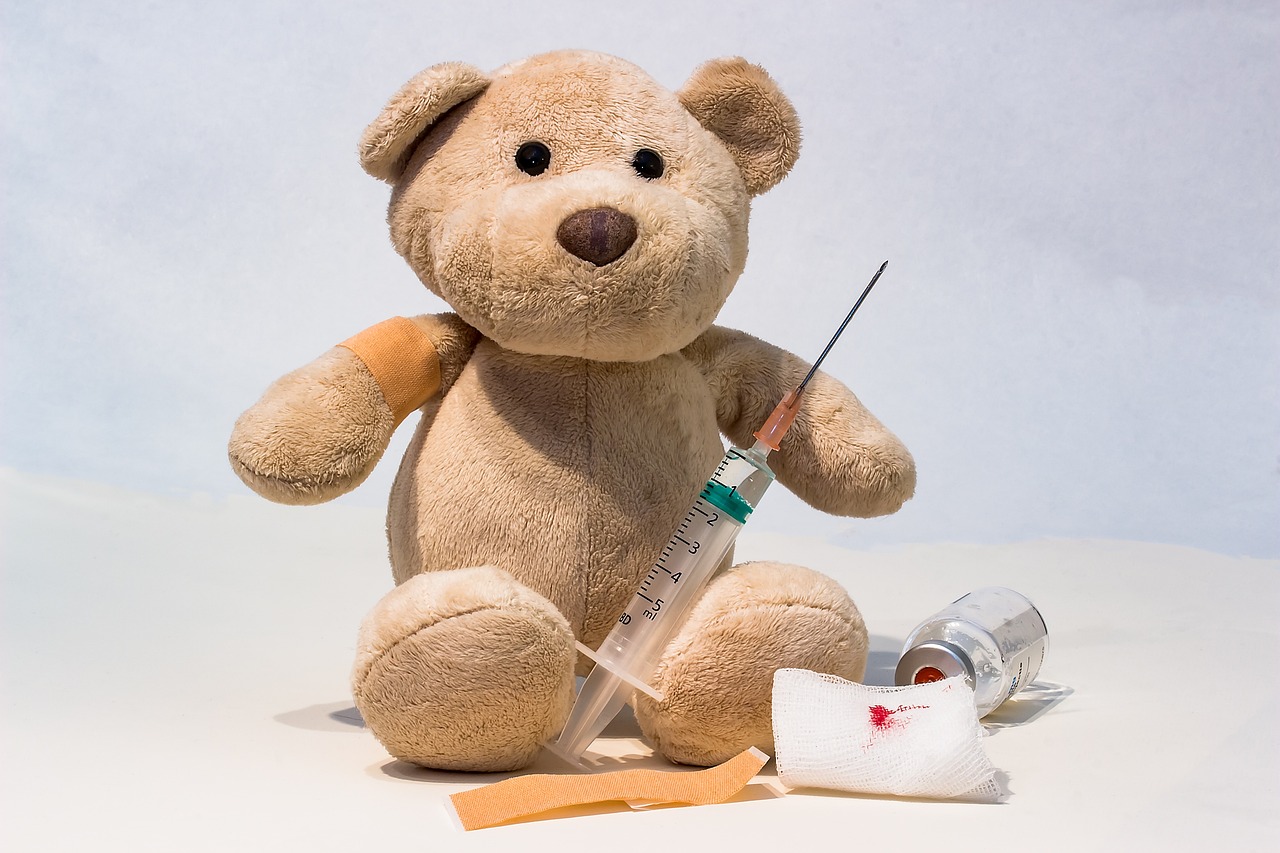 Image by Myriams-Fotos from Pixabay
Image by Myriams-Fotos from Pixabay
4. Language of Love
Talk to your baby! It might seem like a one-sided conversation, but you’re laying the foundation for their language skills. Narrate your day, sing songs, or just babble back – it’s all good stuff for their developing brain.
 Image by PublicDomainPictures from Pixabay
Image by PublicDomainPictures from Pixabay
5. Nutrition Know-How
Whether it’s breastmilk, formula, or starting solids around six months, feeding your baby is a journey of exploration. Pay attention to their cues and consult with a pediatrician to ensure they’re getting all the nutrients they need.
6. Sleep Strategies
Sleep is as elusive as a unicorn in the first year, but there are ways to encourage better sleep patterns. A dark room, white noise, and a bedtime routine can work wonders. Remember, every baby’s sleep pattern is different, and that’s okay!
 Image by Iuliia Bondarenko from Pixabay
Image by Iuliia Bondarenko from Pixabay
7. Bonding Bliss
Bonding with your baby can happen in so many ways – cuddling, breastfeeding, playing, or even during bath time. These moments are precious and crucial for emotional development, so soak them in!
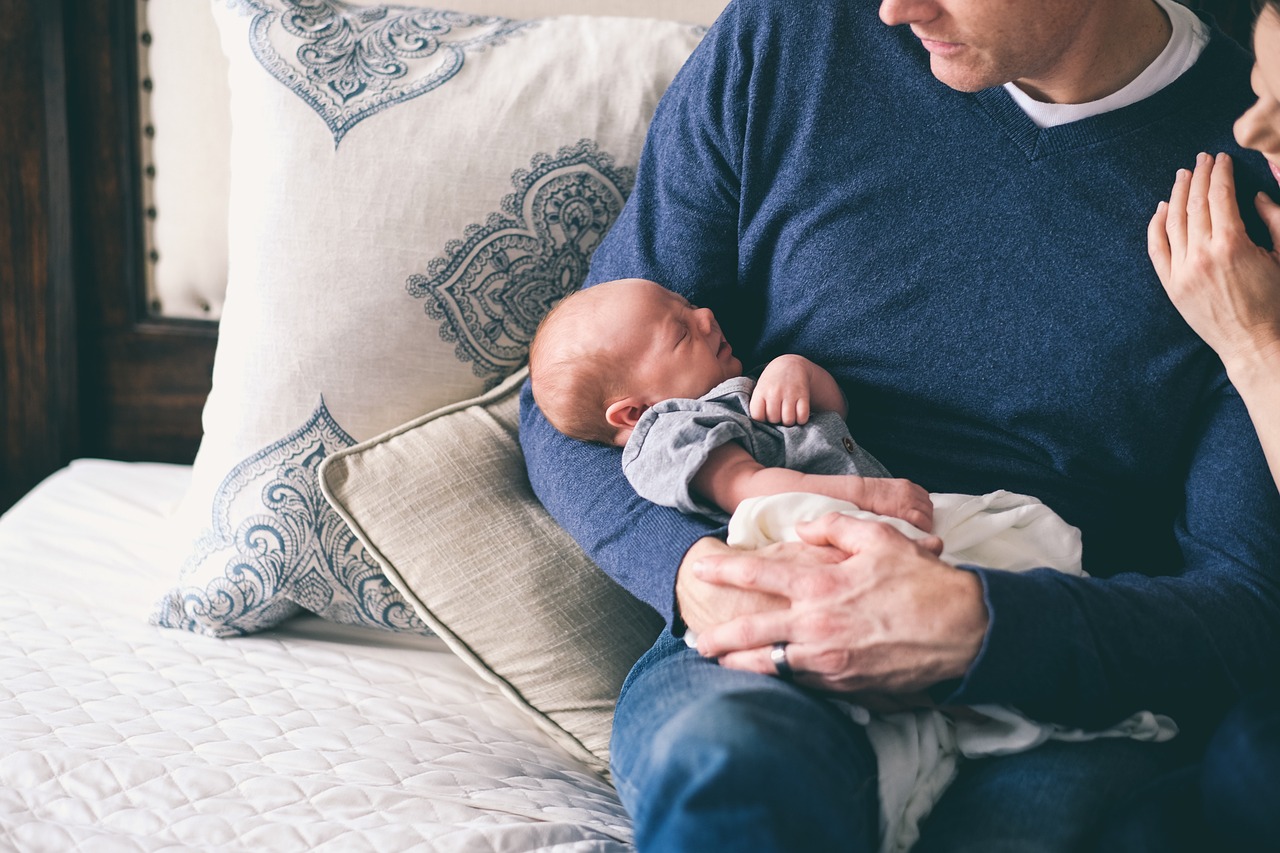 Image by StockSnap from Pixabay
Image by StockSnap from Pixabay
8. Sensory Exploration
Introduce your baby to different textures, sounds, and colors. Sensory play aids in cognitive and motor skills development. It's also a great way to have some fun and giggles!
9. Doctor’s Appointments
Regular check-ups with the pediatrician are key. They help monitor your baby’s growth and development and are the perfect time to ask all your questions (no matter how silly they may seem!).
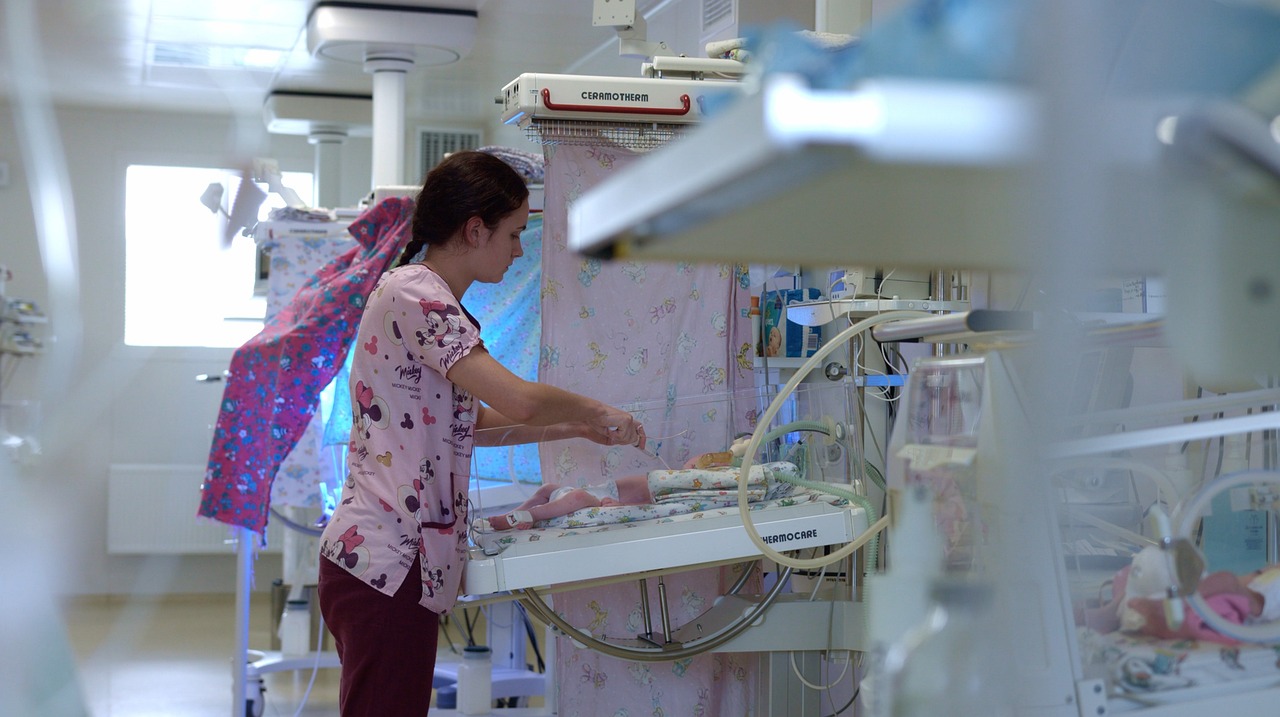 Image by Олександр Копєйкін from Pixabay
Image by Олександр Копєйкін from Pixabay
10. Milestone Moments
Every baby develops at their own pace, so try not to stress over milestones. Whether it’s rolling over, sitting up, or that first tooth – celebrate these moments big and small!
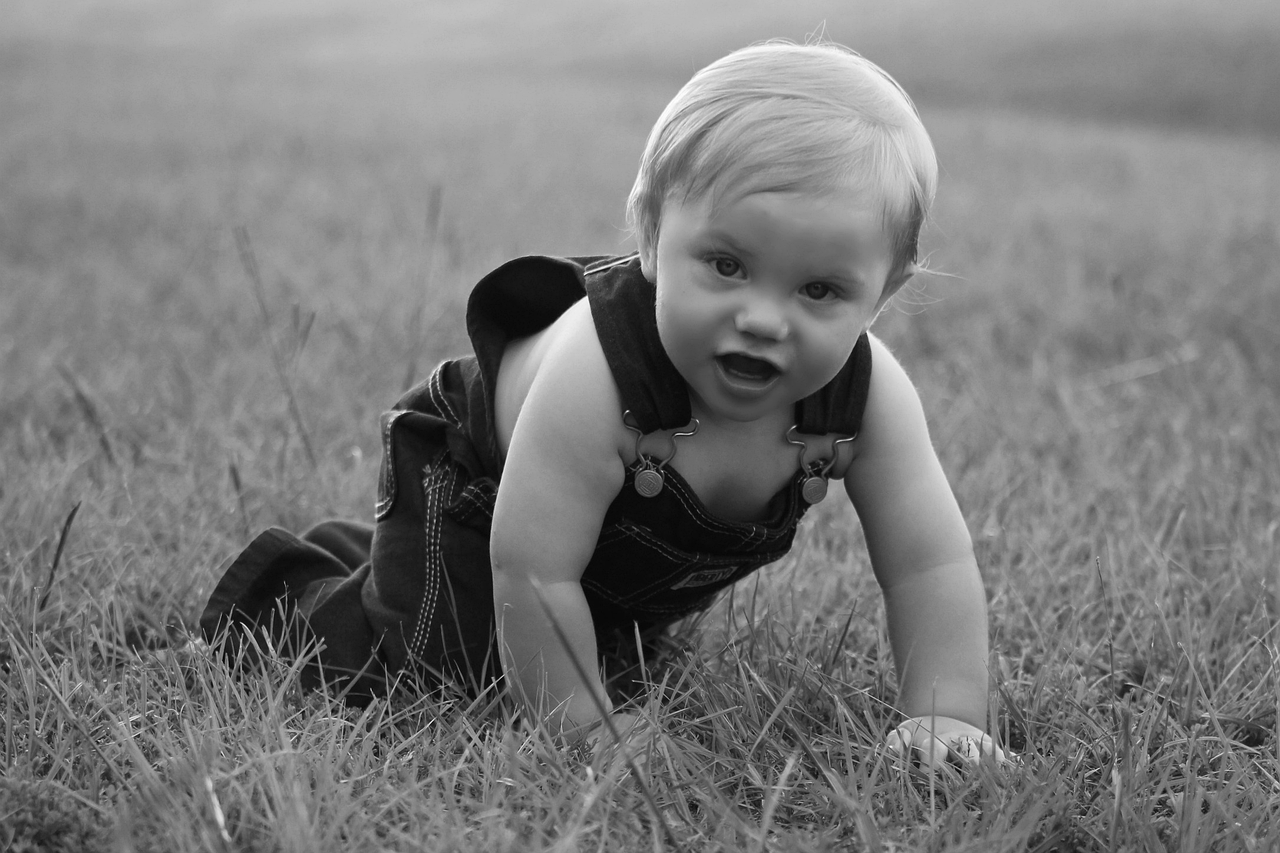 Image by lisa runnels from Pixabay
Image by lisa runnels from Pixabay
11. Hygiene Habits
Keeping your baby clean is crucial, but so is not overdoing it. Gentle bathing, cleaning the diaper area, and ensuring clean hands for everyone handling the baby goes a long way in preventing illnesses.
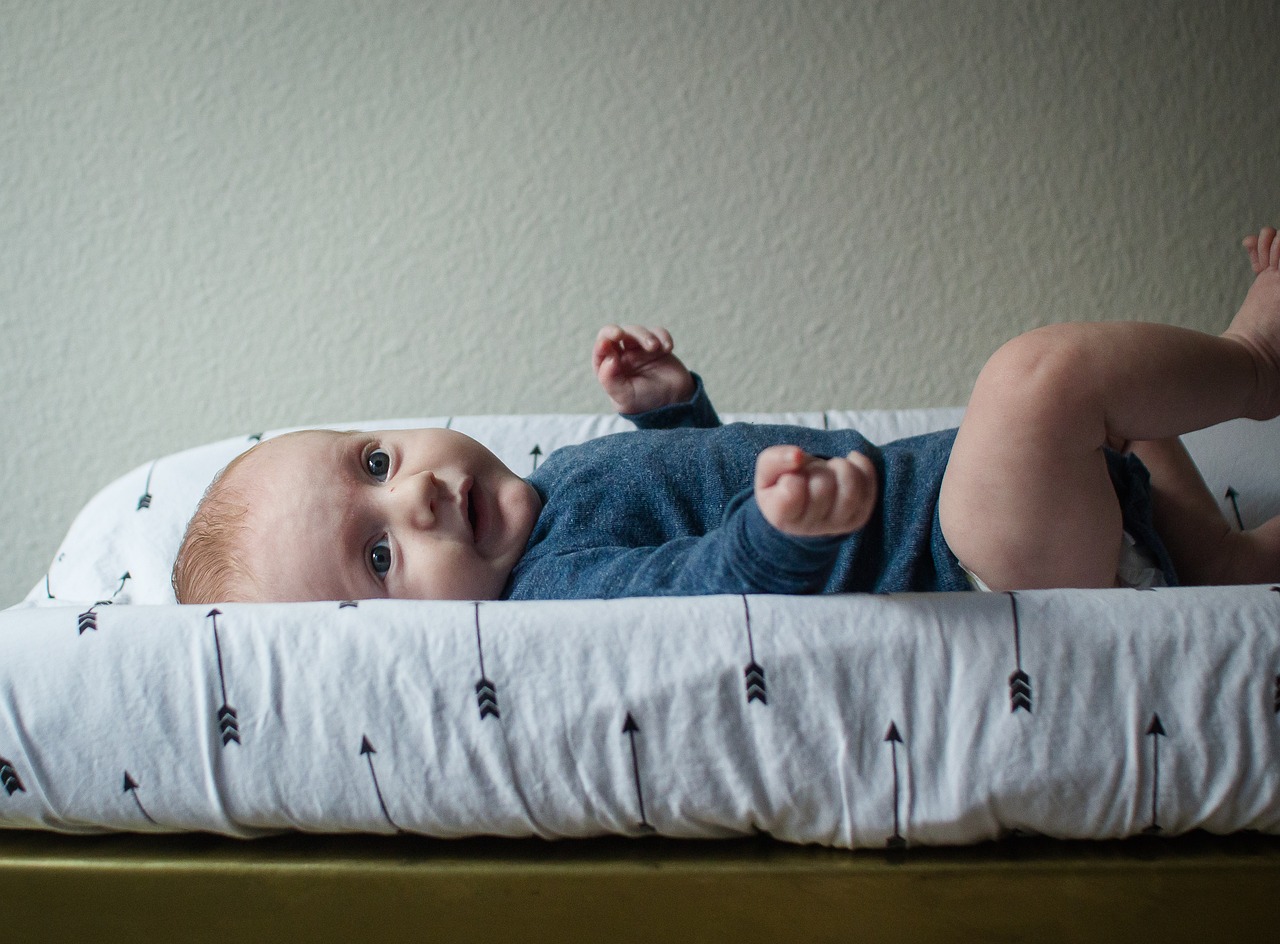 Image by heymattallen from Pixabay
Image by heymattallen from Pixabay
12. Emotional Awareness
Babies are little sponges of emotions. Being responsive to their cries and understanding their different needs helps them feel secure and loved. It’s all about building that trust!
 Image by Jenny Friedrichs from Pixabay
Image by Jenny Friedrichs from Pixabay
13. Teething Tales
Teething can be a tough phase, with drooling, fussiness, and sleepless nights. Teething toys, cold washcloths, and lots of cuddles can help ease their discomfort. It’s a phase that will pass – hang in there!
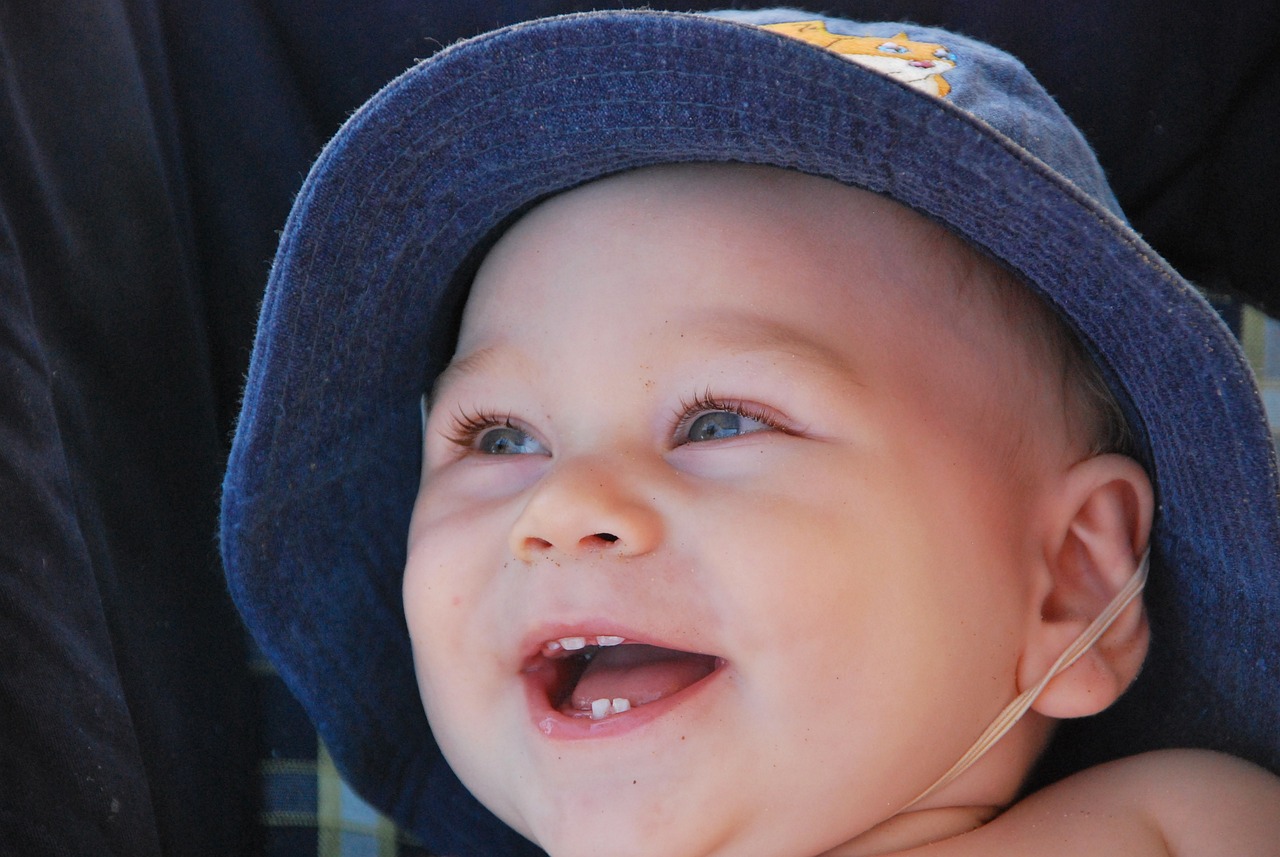 Image by Mojca-Peter from Pixabay
Image by Mojca-Peter from Pixabay
14. Playtime Perks
Play is serious business for babies! It’s their way of learning about the world. Interactive toys, baby-safe mirrors, or just simple peek-a-boo games are great for development and bonding.
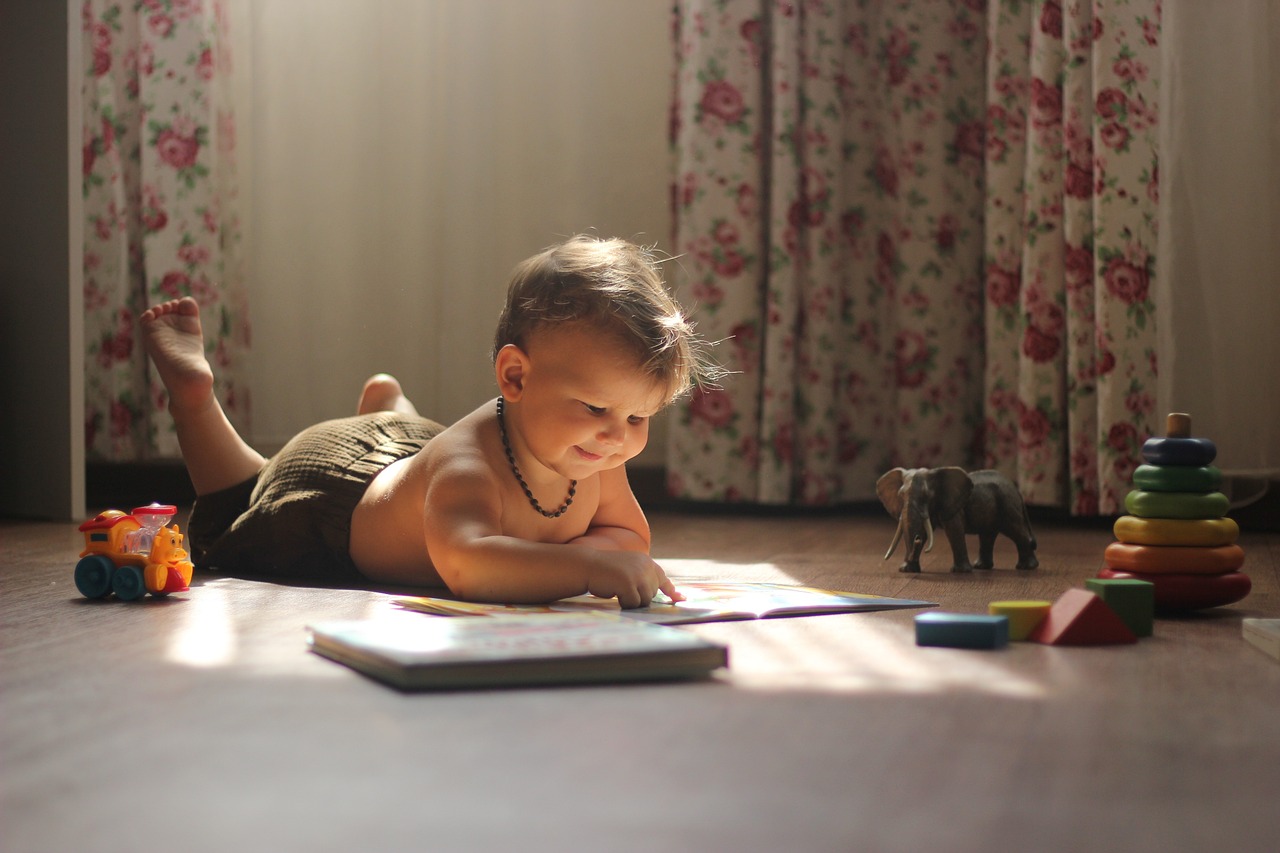 Image by Катерина Кучеренко from Pixabay
Image by Катерина Кучеренко from Pixabay
15. Safety First
Baby-proofing your home can never be overemphasized. Secure furniture, block off stairs, and keep small objects out of reach. Safety is paramount in ensuring a worry-free play environment.
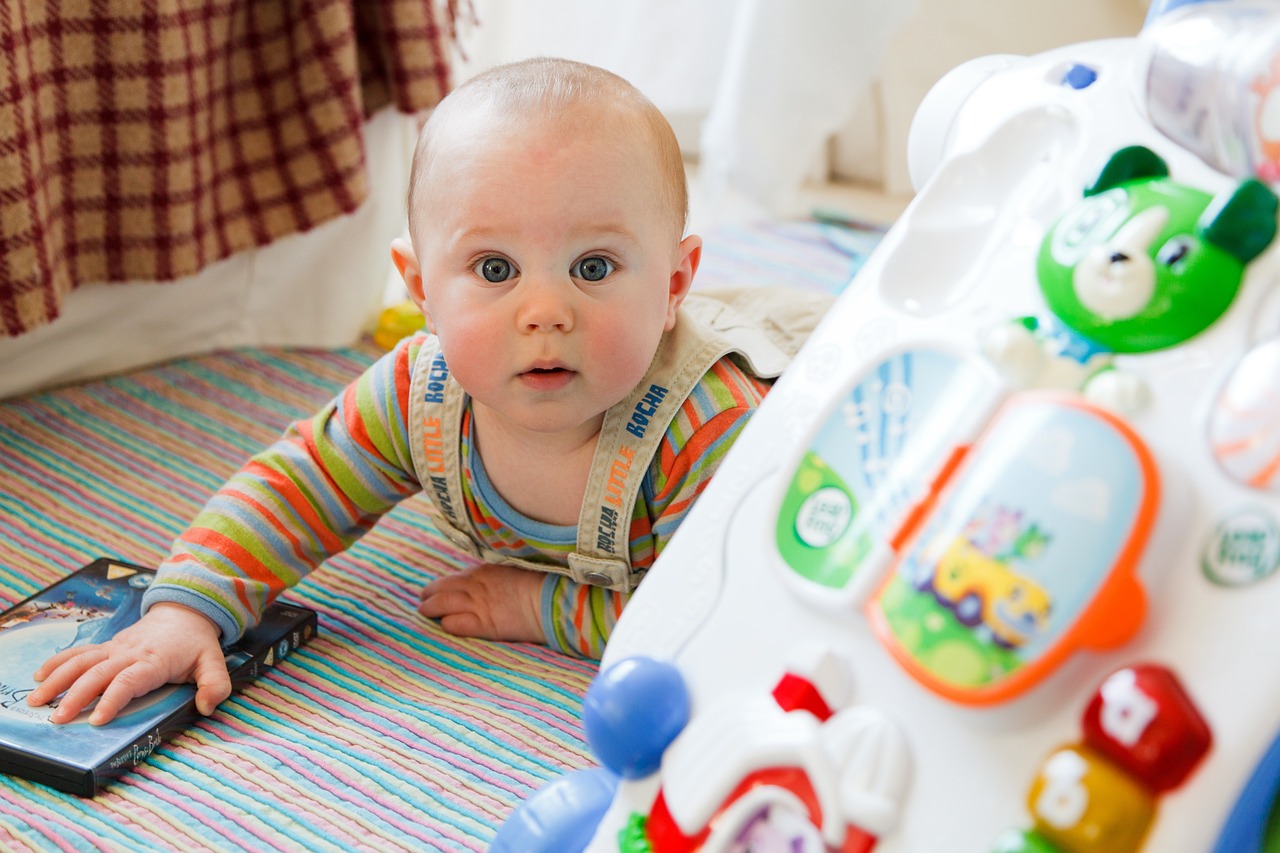 Image by PublicDomainPictures from Pixabay
Image by PublicDomainPictures from Pixabay
16. Clothing Comfort
Dress your baby in comfortable, breathable clothes. Remember, if you’re hot or cold, your baby probably is too. Layering works wonders in adapting to different temperatures.
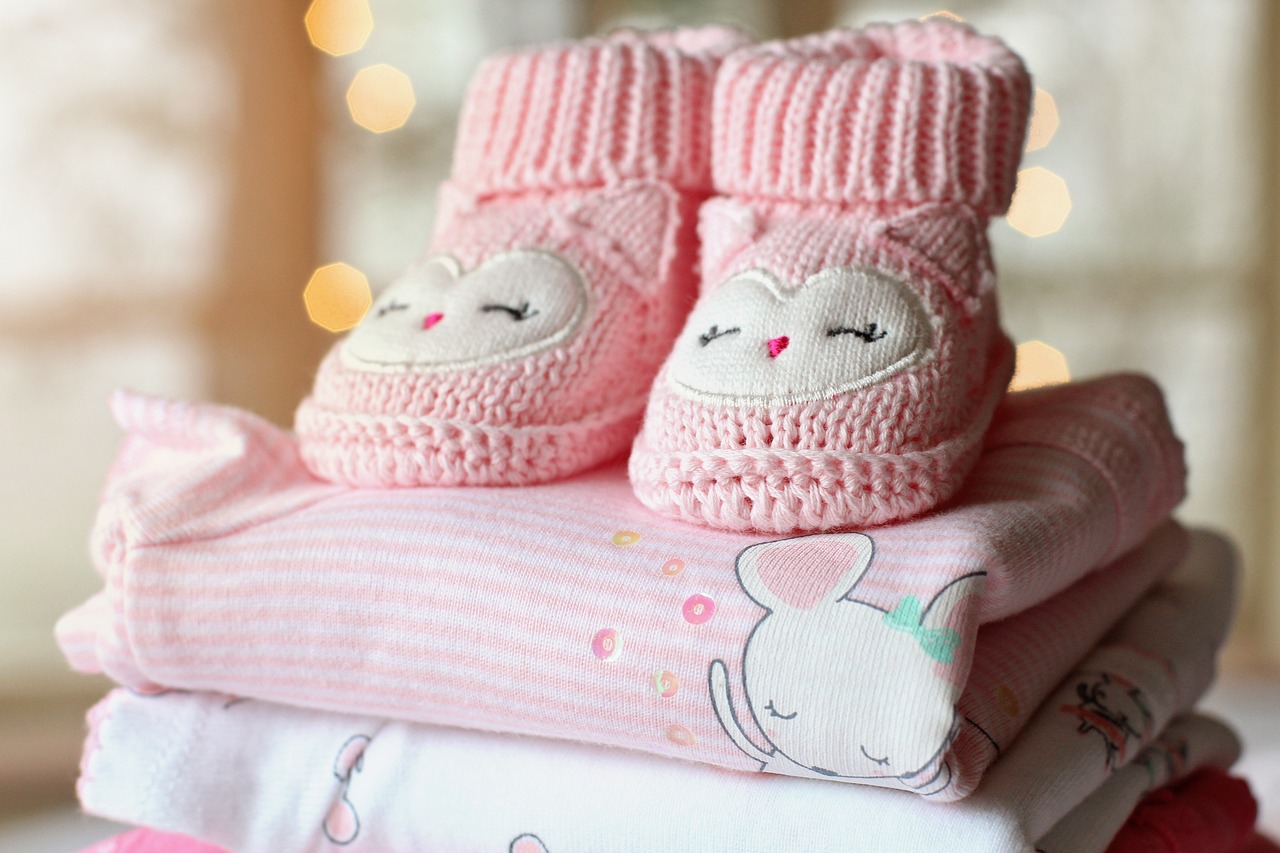 Image by Terri Cnudde from Pixabay
Image by Terri Cnudde from Pixabay
17. Travel Tips
Traveling with a baby requires planning. Pack essentials like diapers, wipes, extra clothes, and food. And always have a first-aid kit handy – it’s better to be over-prepared than underprepared.
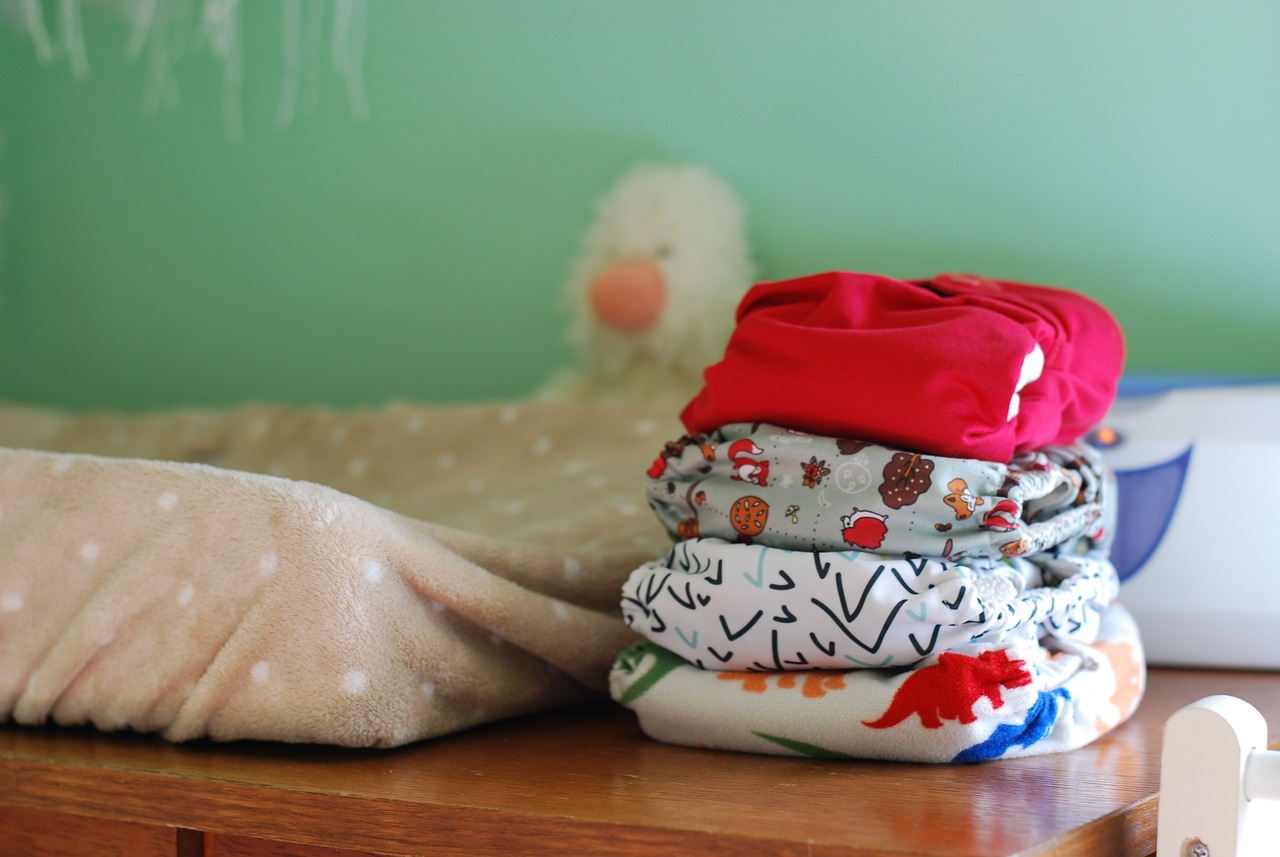 Image by Pamela Kiefer from Pixabay
Image by Pamela Kiefer from Pixabay
18. Reading Rituals
It's never too early to start reading to your baby. Picture books stimulate their imagination and help with language skills. Plus, it’s a great way to snuggle up and bond!
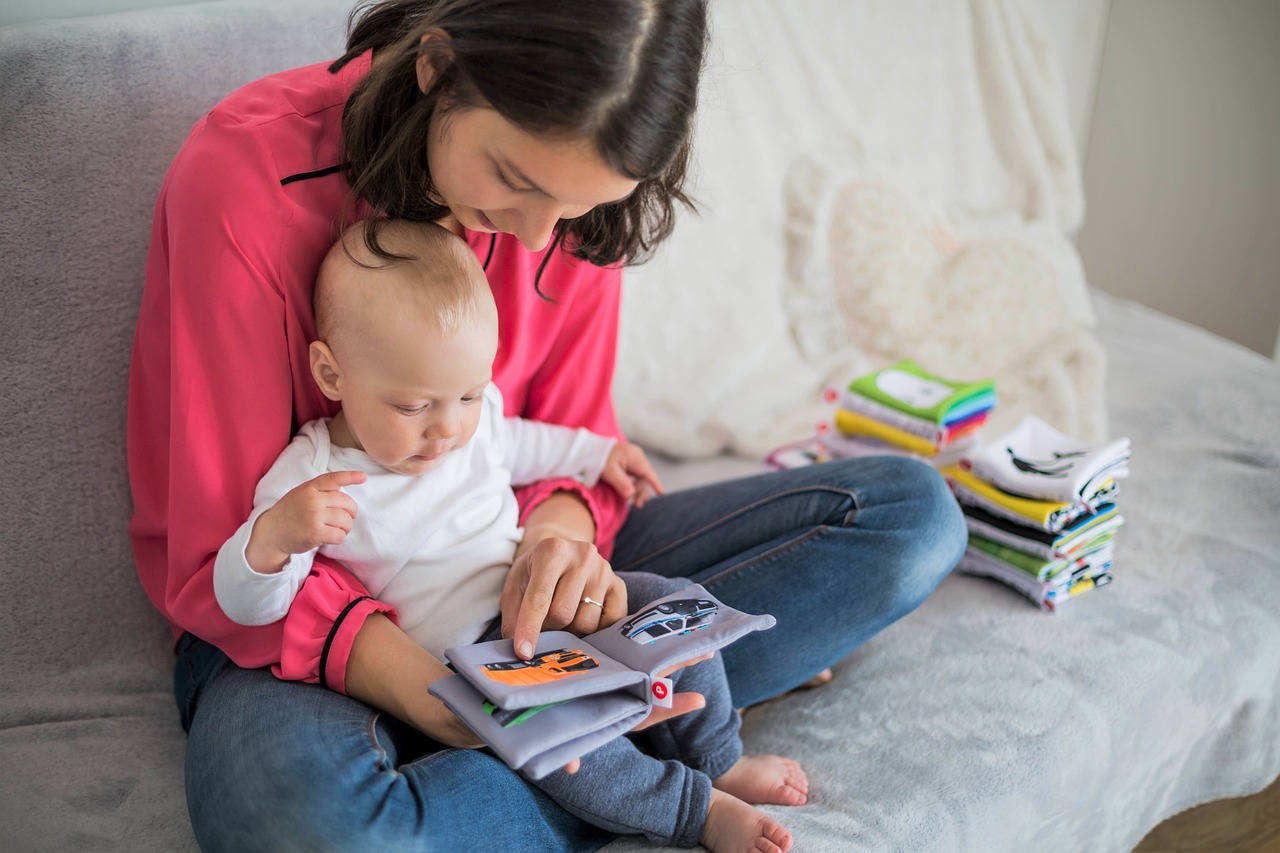 Image by ParentiPacek from Pixabay
Image by ParentiPacek from Pixabay
19. Social Smiles
Encourage your baby to interact with other people and babies. It helps in social development and also gives you a chance to connect with other parents. Playdates can be fun for both of you!
 Image by Free Photos at divvypixel.com from Pixabay
Image by Free Photos at divvypixel.com from Pixabay
20. Cherishing Changes
The first year is full of changes, for you and your baby. Embrace them, document them, and cherish these moments. They grow up so fast, and these memories will be your treasure.
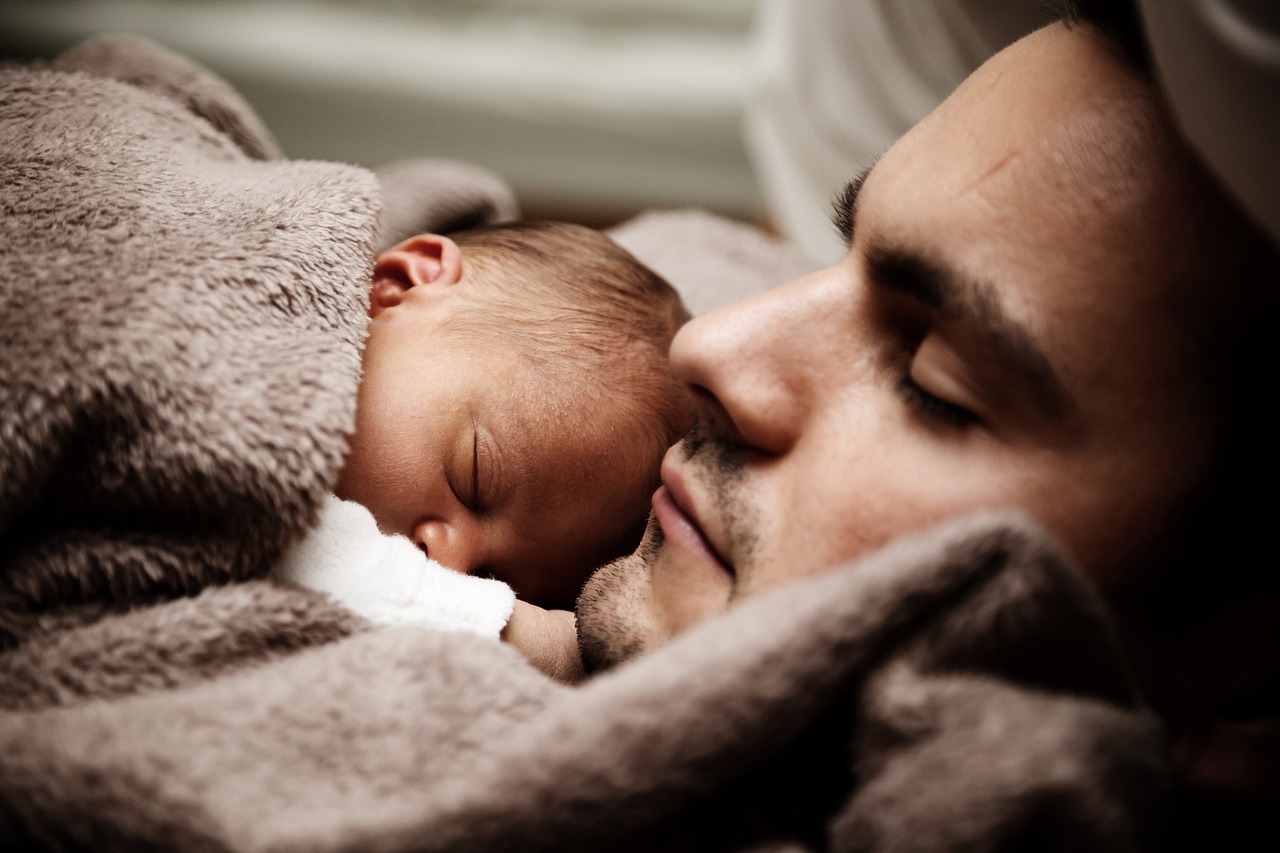 Image by PublicDomainPictures from Pixabay
Image by PublicDomainPictures from Pixabay
21. Digital Dilemma
Limit screen time for your baby. While a little bit of baby-friendly programming isn't harmful, real-world interactions are far more beneficial for their development. Use screens sparingly and focus more on direct engagement.
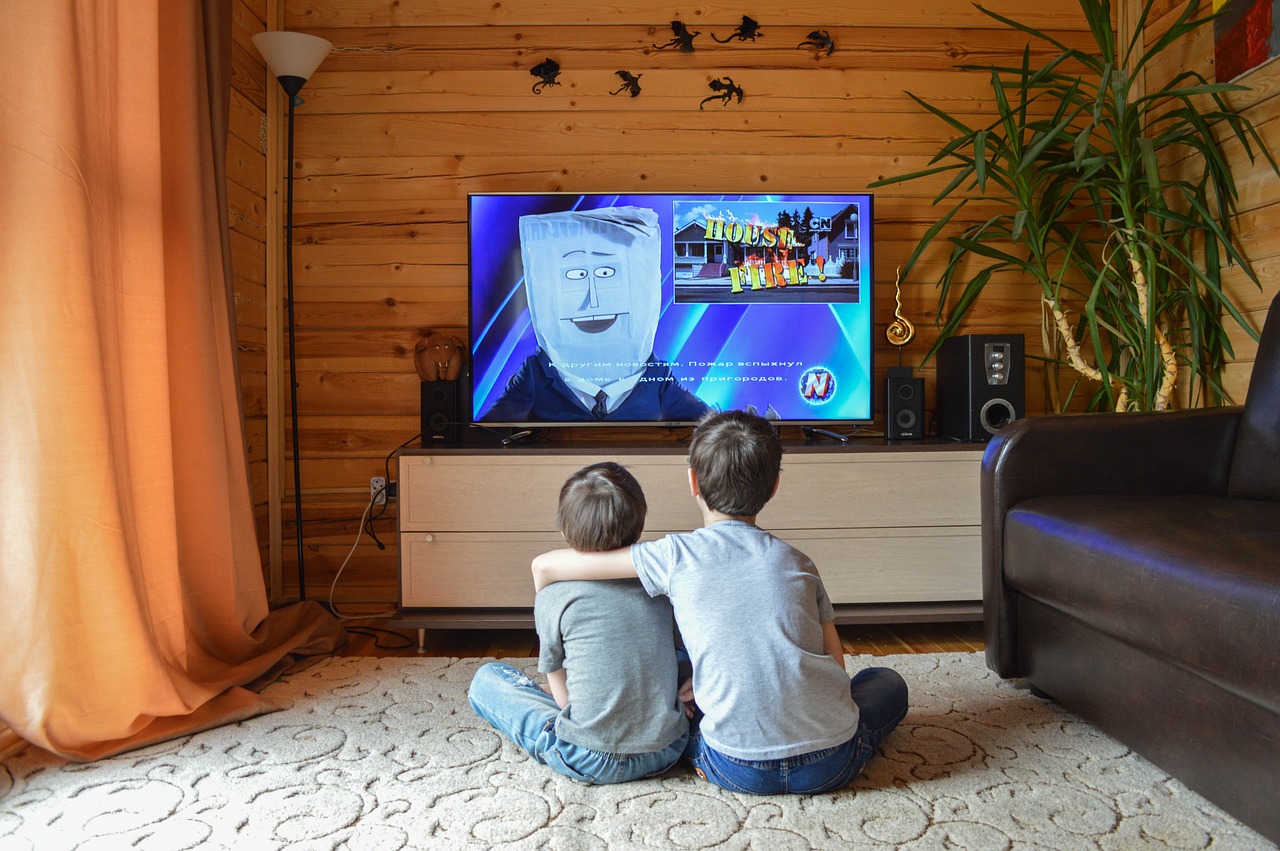 Image by thank you for 💙 👍 💬 from Pixabay
Image by thank you for 💙 👍 💬 from Pixabay
22. Music Magic
Introduce your baby to a variety of music. Soft lullabies, classical tunes, or even you singing can be soothing and stimulating for their developing brains. It's also a great way to have some fun dance time together!
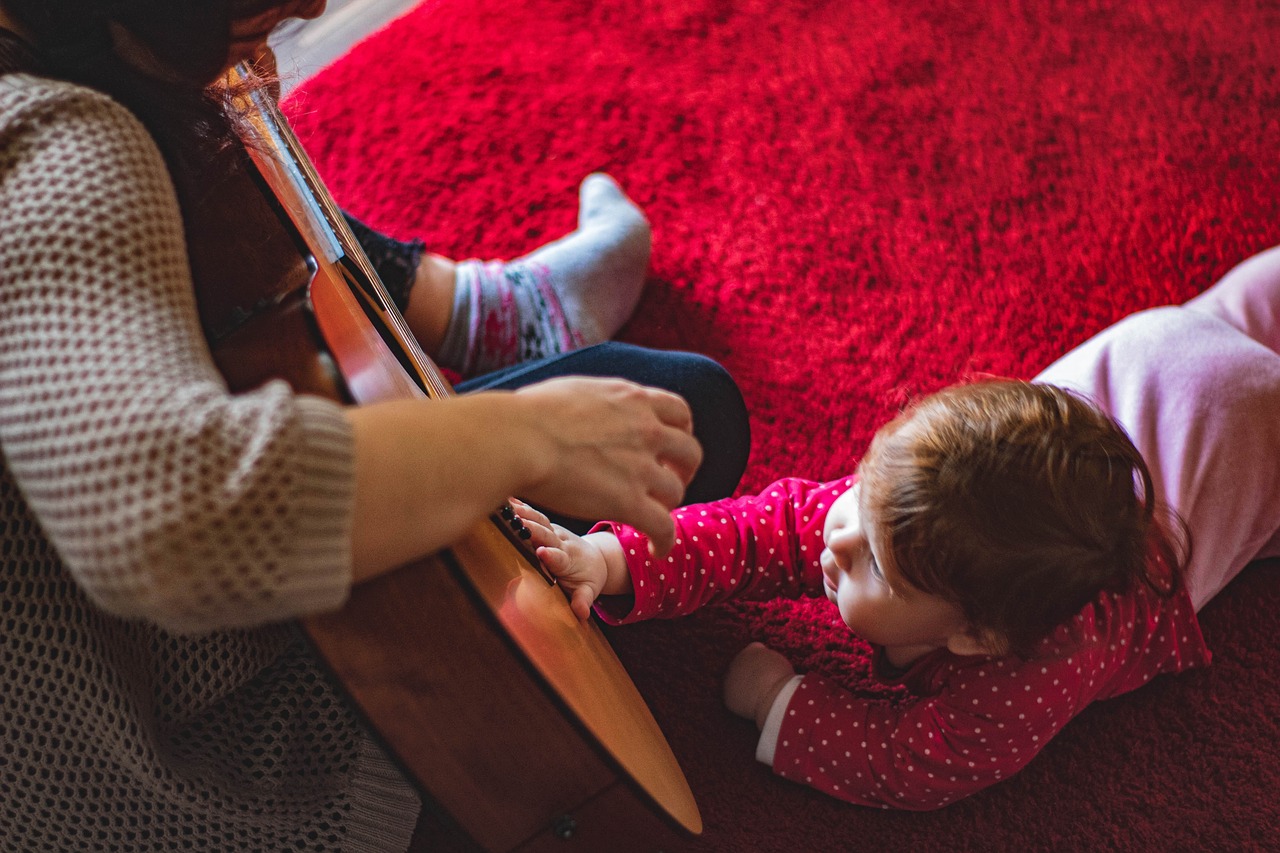 Image by Renáta Adrienn Uri from Pixabay
Image by Renáta Adrienn Uri from Pixabay
23. Outdoor Oasis
Take your baby outside. Fresh air and a change of scenery are great for both of you. It can be as simple as a walk in the park or just lounging in your backyard. Nature has a calming effect that’s wonderful for babies.
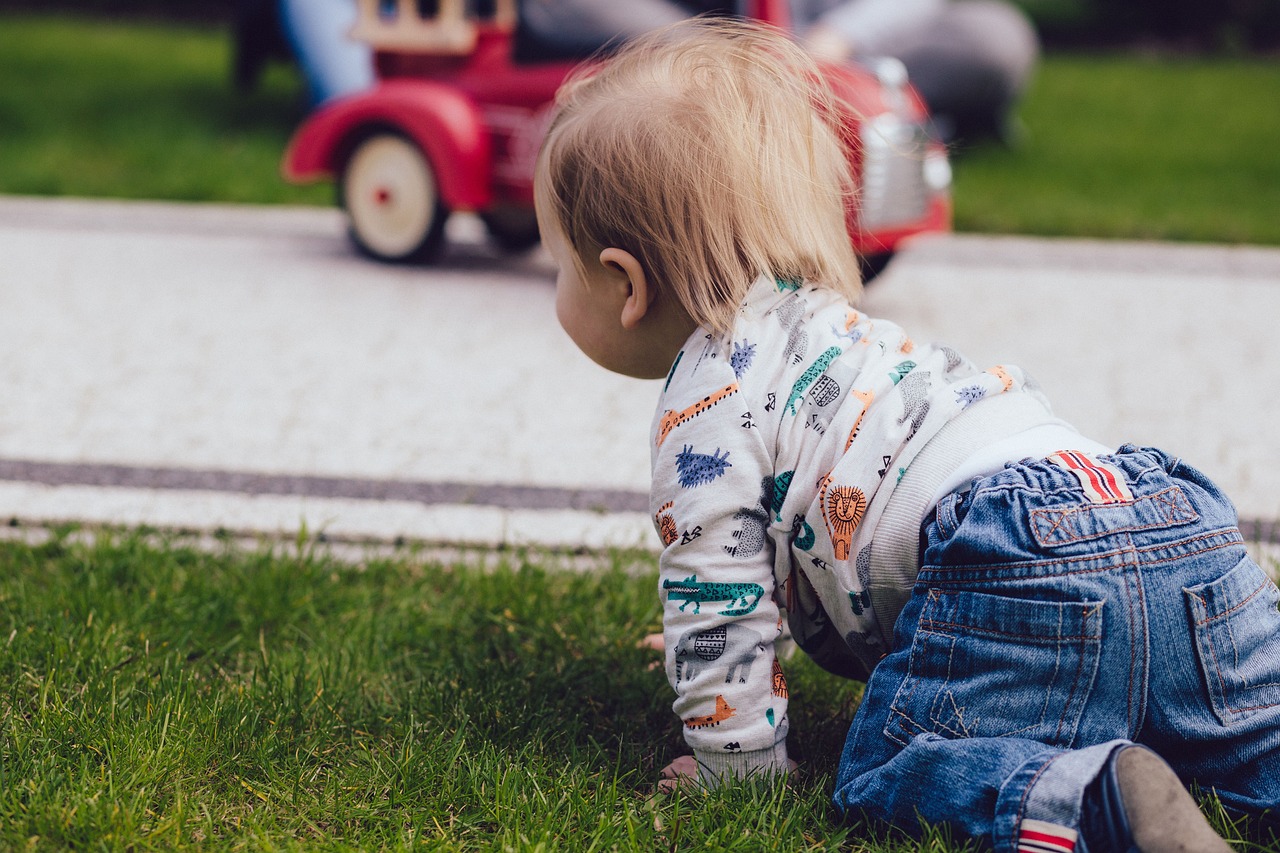 Image by StockSnap from Pixabay
Image by StockSnap from Pixabay
24. Responsive Feeding
Learn to read your baby’s hunger and fullness cues. Whether breast or bottle feeding, understanding when your baby is hungry or has had enough is key to healthy eating habits.
25. Gentle Grooming
From trimming nails to brushing hair, grooming is important. Use baby-safe grooming tools and make these moments gentle and calming for both of you.
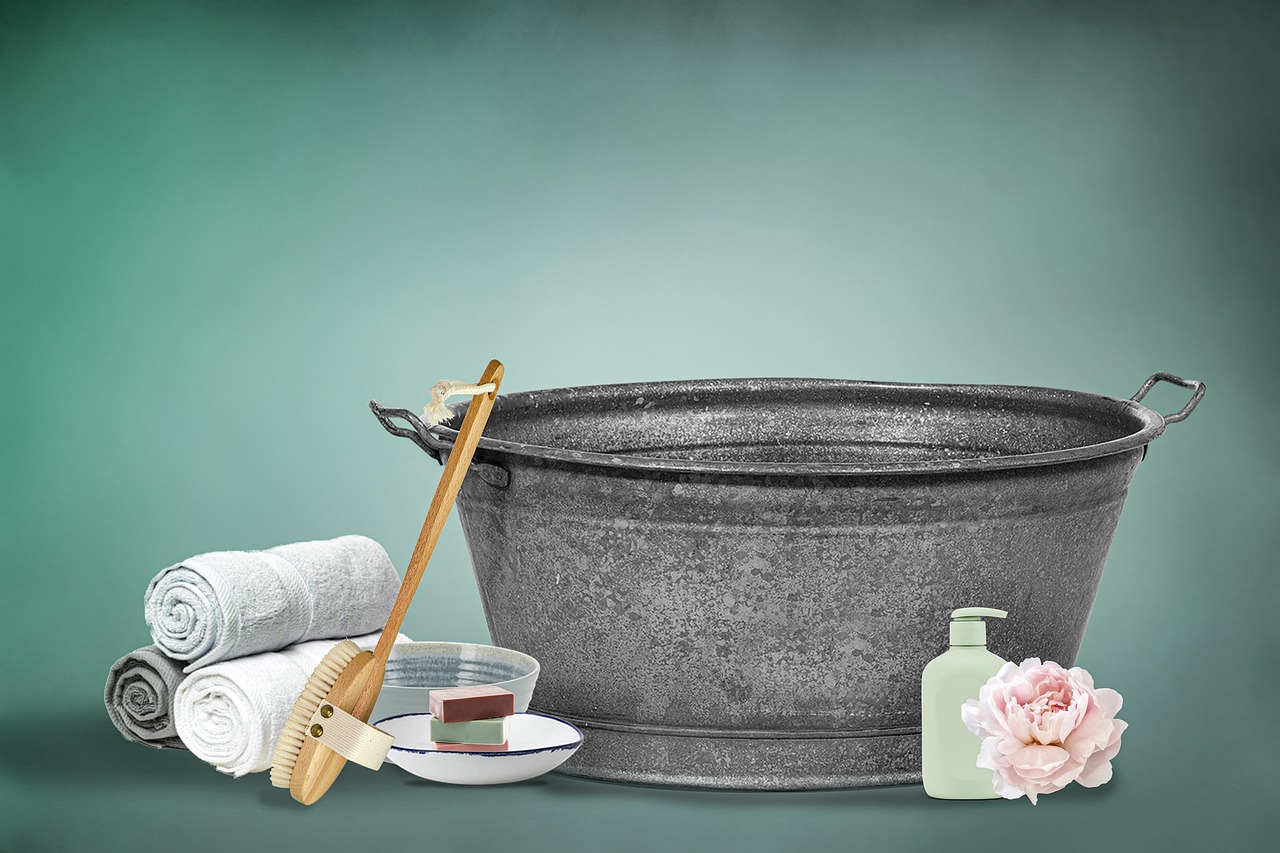 Image by Bianca Van Dijk from Pixabay
Image by Bianca Van Dijk from Pixabay
26. Stress Management
Babies can pick up on parental stress. It’s important to take care of your mental health. Simple self-care acts, talking to friends, or even seeking professional help can make a big difference.
 Image by Angelo Esslinger from Pixabay
Image by Angelo Esslinger from Pixabay
27. Language Diversity
If your household is multilingual, expose your baby to different languages early on. Babies have an amazing ability to distinguish and learn multiple languages.
28. Healthy Habits
Model healthy habits around your baby, like eating well and exercising. Even though they're young, they start to pick up on these habits early.
29. Pet Interaction
If you have pets, introduce them to your baby under close supervision. This can teach your baby about gentle play and respect for animals, and pets often form a special bond with little ones.
 Image by Susann Mielke from Pixabay
Image by Susann Mielke from Pixabay
30. Comfort Items
A special blanket or stuffed toy can be a source of comfort for your baby. These items can help in self-soothing and provide a sense of security, especially in new environments.
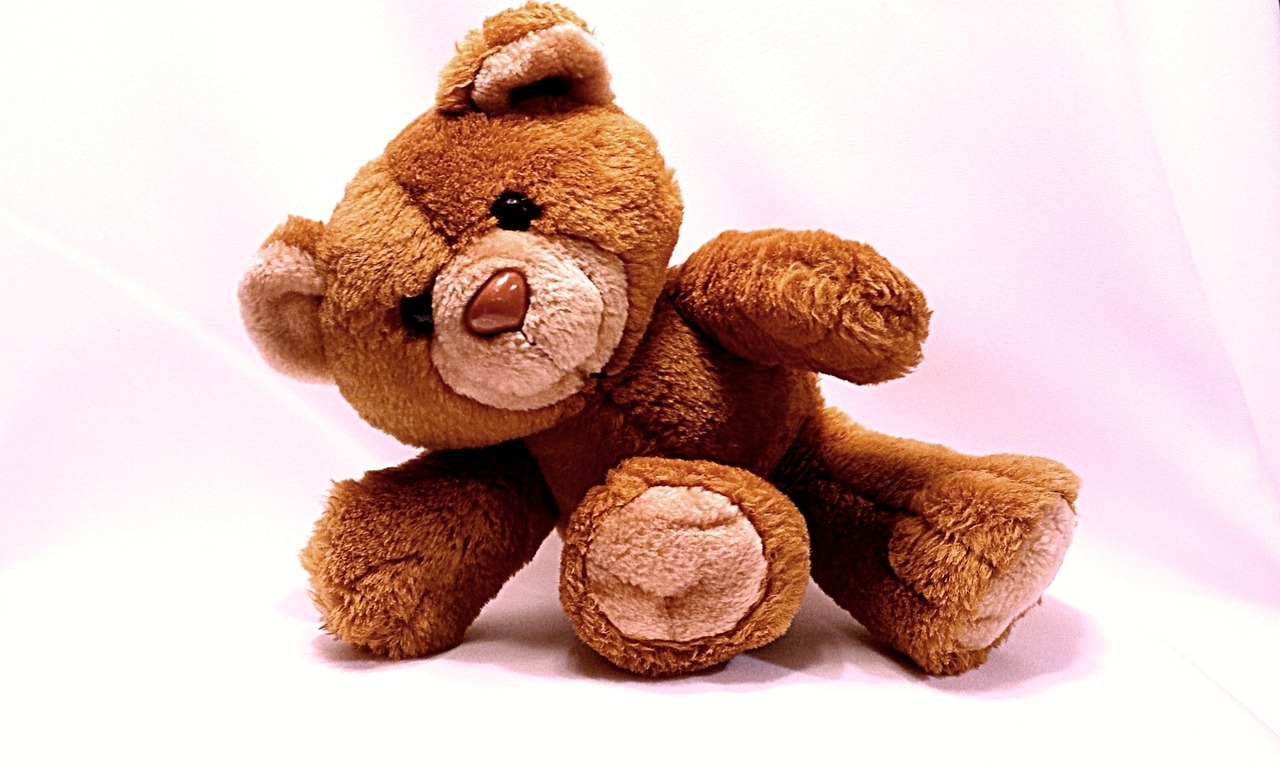 Image by DWilliam from Pixabay
Image by DWilliam from Pixabay
31. Water Play
Introduce your baby to the joys of water play under close supervision. This can be in a shallow baby pool or during bath time. It’s great for sensory development and a lot of fun.
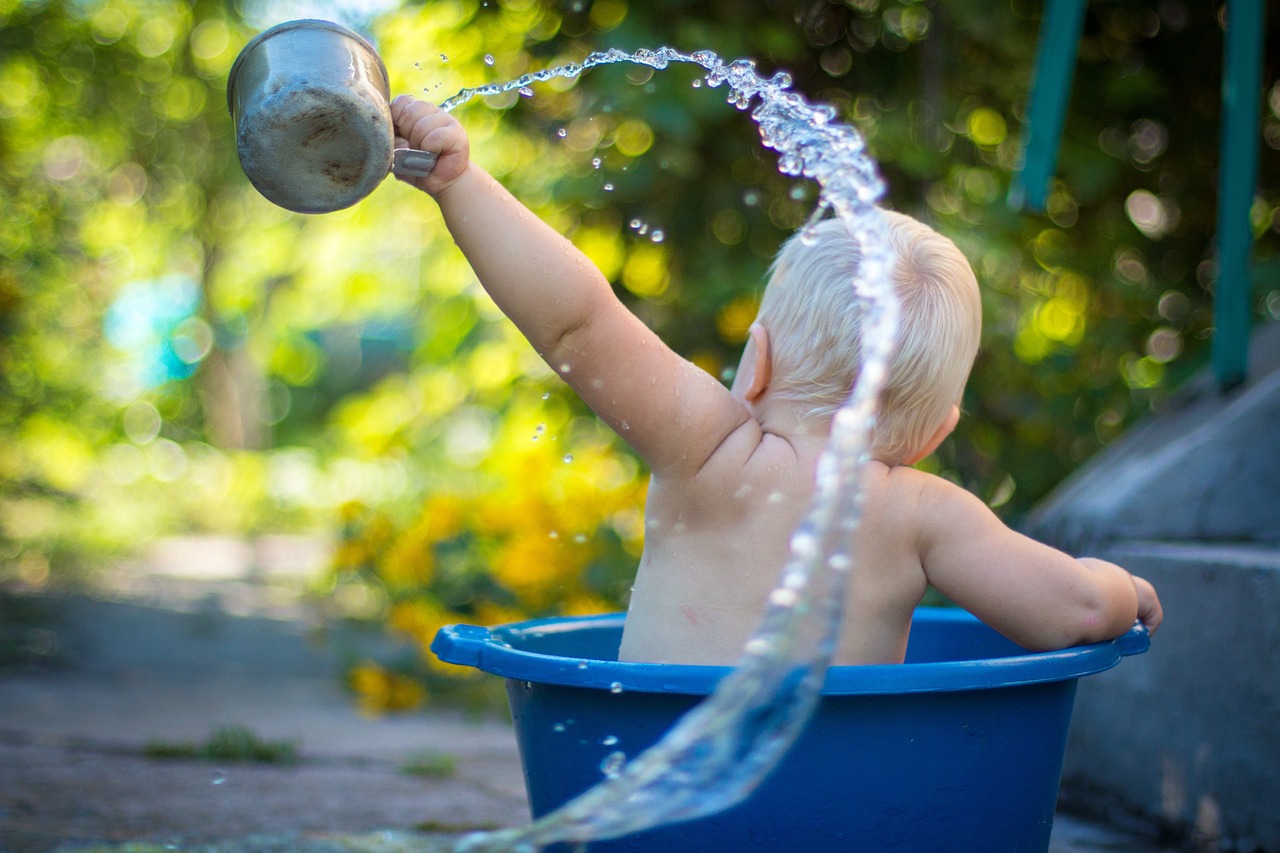 Image by StockSnap from Pixabay
Image by StockSnap from Pixabay
32. Baby Sign Language
Consider teaching your baby simple sign language. It can be a useful tool for them to communicate their needs before they can speak, reducing frustration for both of you.
 Image by Niek Verlaan from Pixabay
Image by Niek Verlaan from Pixabay
33. Social Skills
Encourage your baby to wave goodbye, clap, and interact in social settings. These small gestures are early steps in social communication.
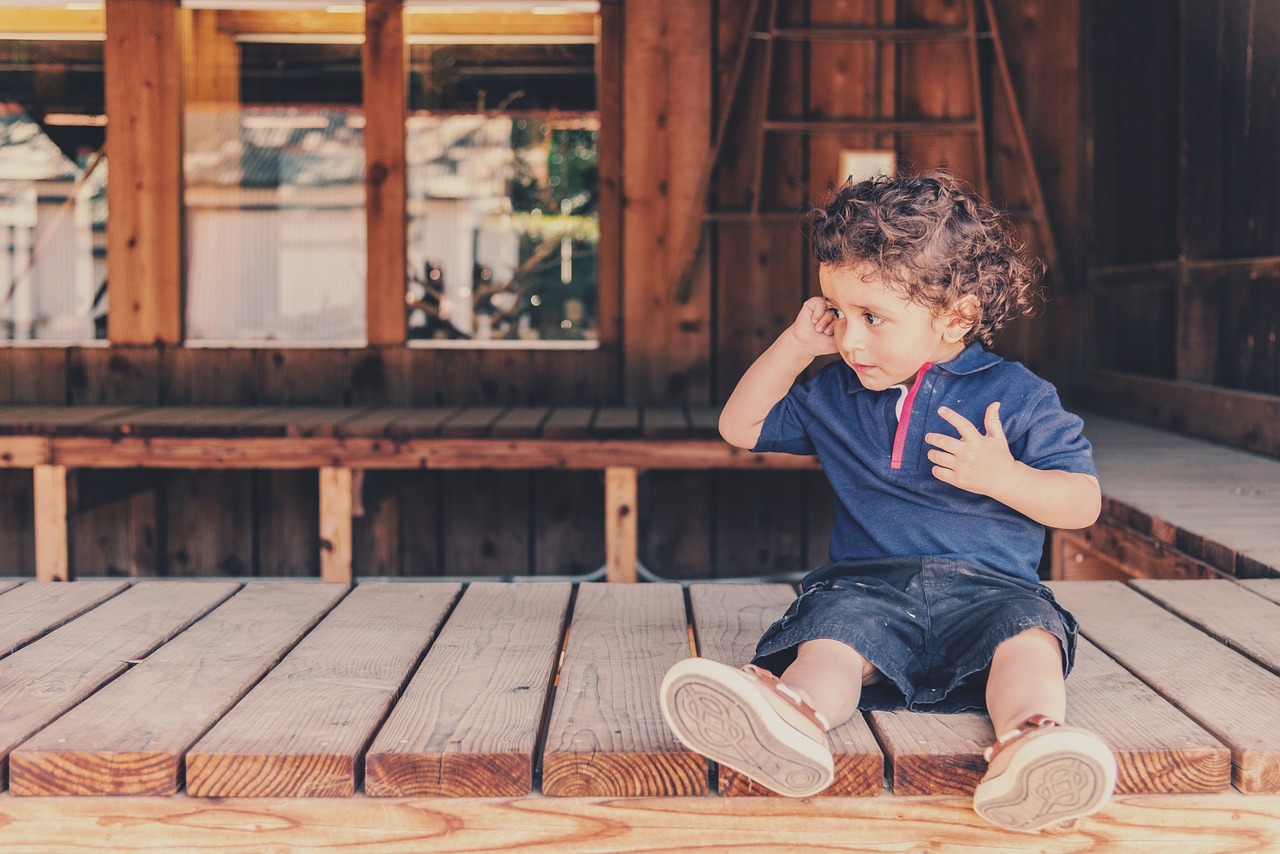 Image by Miguel R Perez Rivas from Pixabay
Image by Miguel R Perez Rivas from Pixabay
34. Texture Time
Expose your baby to a variety of textures through toys and different fabrics. This sensory exploration is crucial for their tactile development.
35. Balancing Work and Parenting
If you’re a working parent, finding a balance can be challenging. Remember, it’s about quality time, not quantity. Even short, focused interactions can be meaningful.
 Image by Stephanie Pratt from Pixabay
Image by Stephanie Pratt from Pixabay
36. Support Networks
Build a support network of family, friends, and other parents. Having people to share experiences, advice, and babysitting duties can be invaluable.
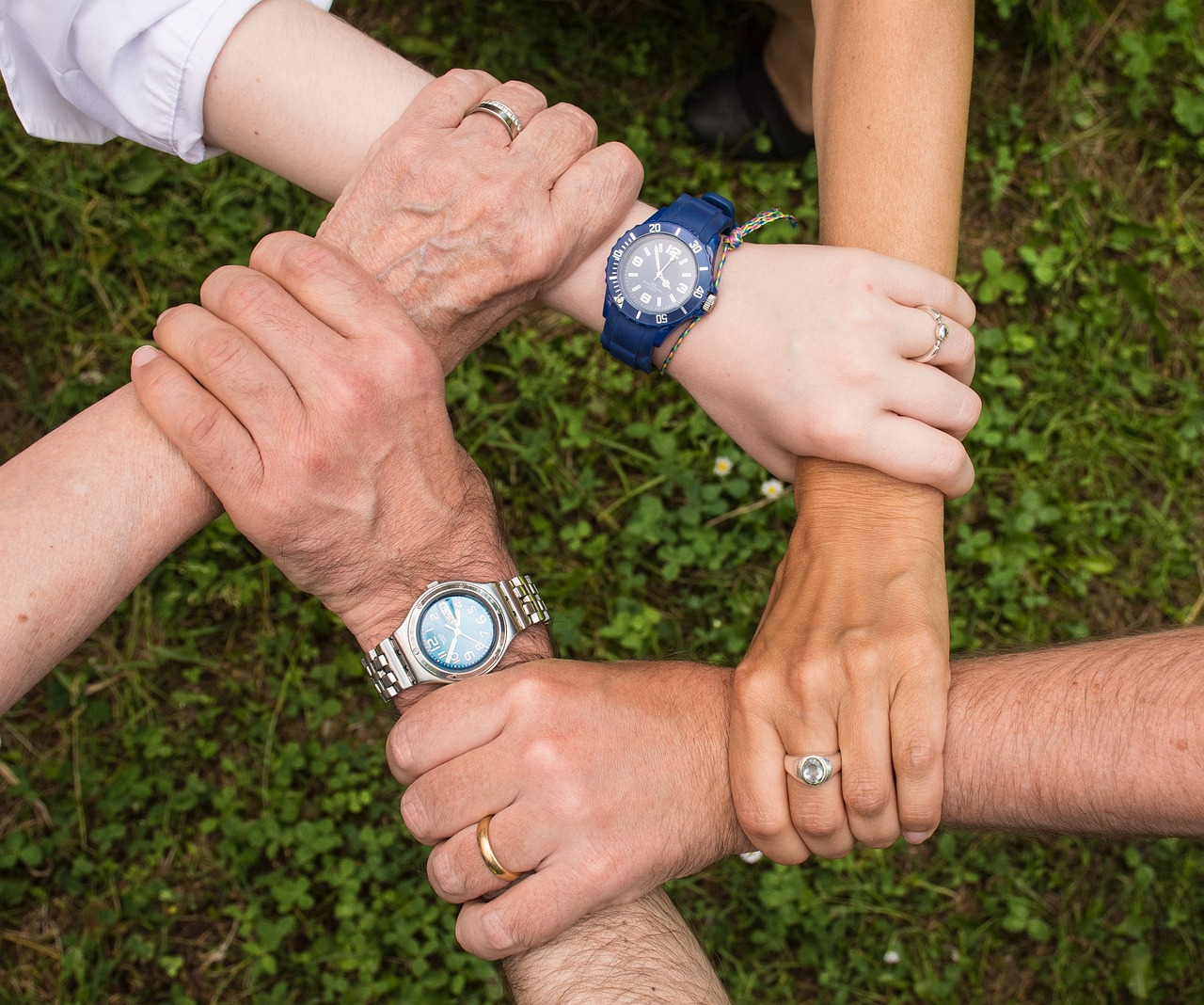 Image by Anemone123 from Pixabay
Image by Anemone123 from Pixabay
37. Documenting Development
Keep a record of your baby’s milestones and growth. This can be through a baby book, a digital diary, or a photo album. It’s wonderful to look back on and can be helpful for pediatric visits.
38. Mindful Moments
Practice being fully present with your baby. Whether feeding, playing, or just cuddling, these mindful moments are precious in building a strong emotional connection.
 Image by Neil Dodhia from Pixabay
Image by Neil Dodhia from Pixabay
39. Community Resources
Take advantage of community resources like parent-and-baby groups, libraries, and workshops. These can be great for socializing and learning.
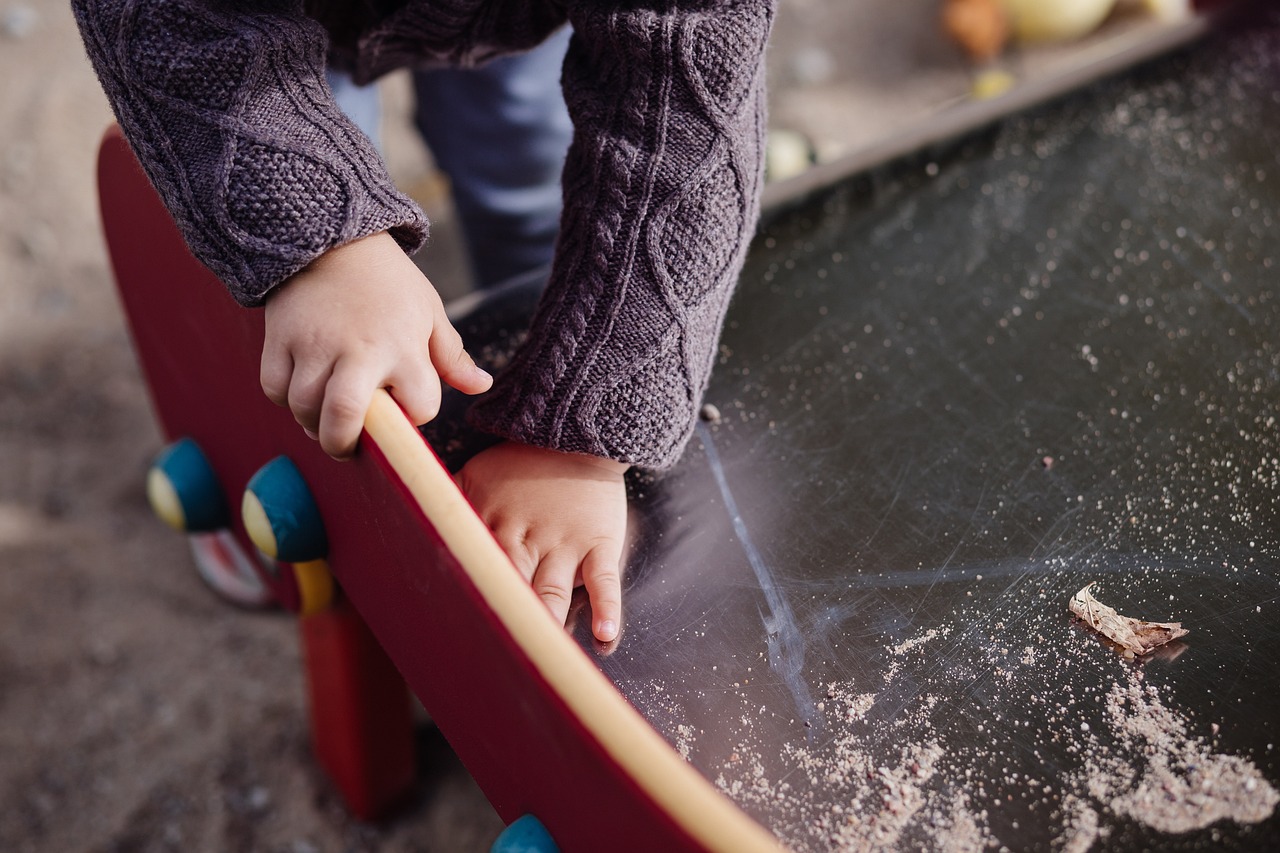 Image by freestocks-photos from Pixabay
Image by freestocks-photos from Pixabay
40. Embrace the Imperfect
Finally, embrace the imperfections of parenting. Not every day will be picture-perfect, and that’s totally okay. Each challenge is a learning experience for both you and your baby.



